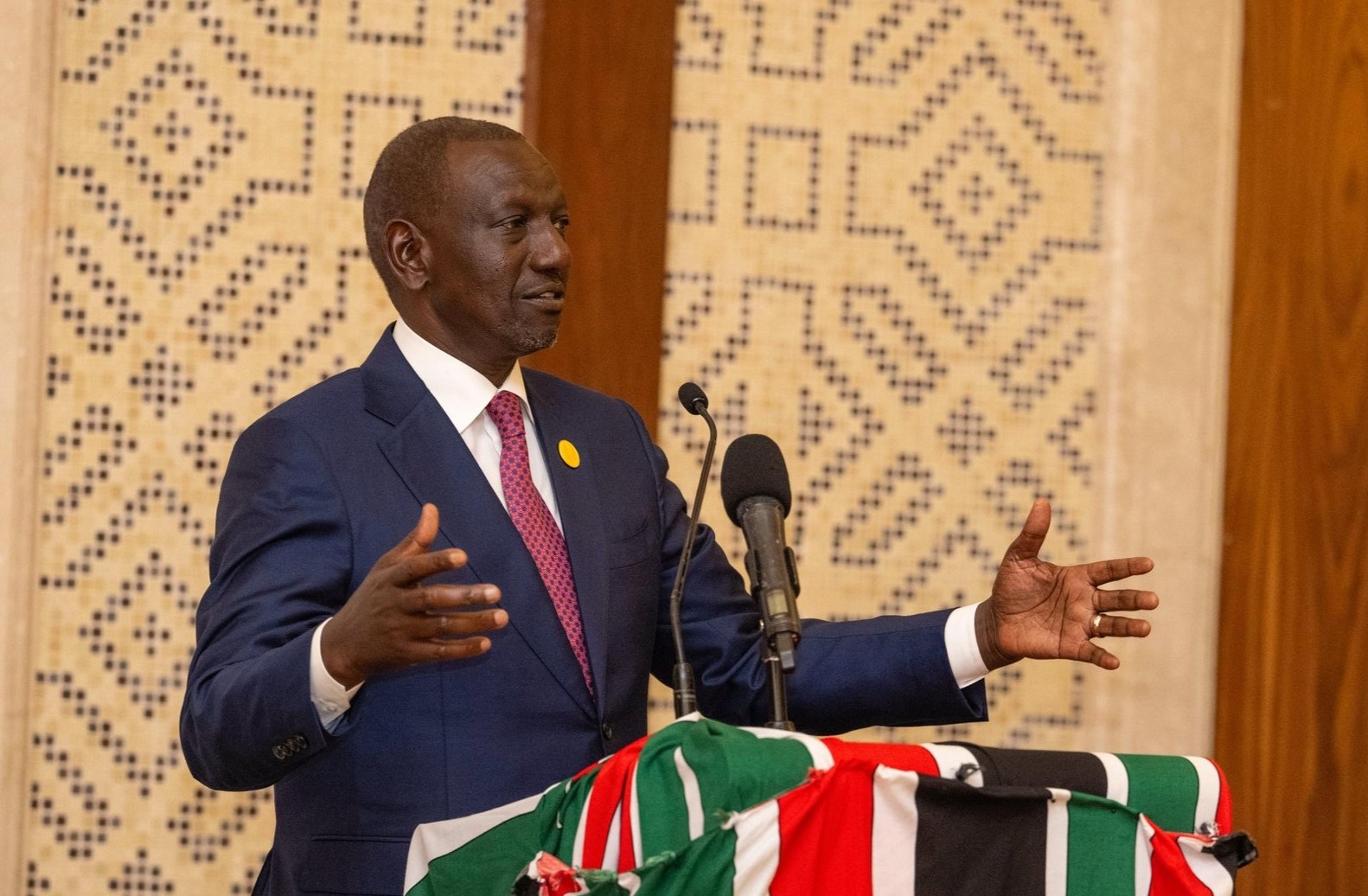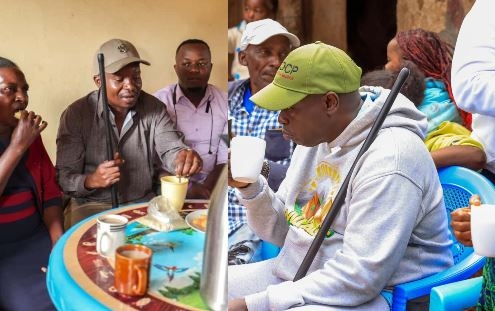Kenya will now adopt a new drug for treatment of schistosomiasis in children.
This is after the European Medicines Agency (EMA) recommended arpraziquantel for treating it in preschool-aged children.
Schistosomiasis, commonly known as bilharzia or snail fever, is a neglected tropical disease (NTD) that affects more than 240 million people worldwide.
The drug, which has been undergoing clinical trials by the Kenya Medical Research Institute, was found to be efficacious and safe in children aged between three months and six years.
Kemri participated in the Phase III clinical trial of Pediatric Praziquantel (PZQ) conducted in Homa Bay county at the Homa Bay Teaching and Referral Hospital.
Merck acted as trial sponsor, ensuring that the necessary quality standards and regulatory requirements from authorities such as the EMA were addressed.
The existing ‘standard of care’ treatment for schistosomiasis is praziquantel, which in Kenya is made available through mass drug administration programmes to adults and school-aged children.
However, the drug is not suitable for children six years of age and younger, which means more than 50 million preschool-aged children globally currently lack adequate treatment.
Kemri acting director general Prof Elijah Songok said Kemri is committed to confirming the potential of the new pediatric PZQ formulation.
“Innovation is a key driver in finding today’s health solutions,” he said.
“As an institute, we are proud to be part of improved treatments for the close to 250,000 young children in the country infected by schistosomiasis, one of the NTDs.”
The current standard drug used in the treatment of the disease is praziquantel and was developed in the 1970s.
Derived from praziquantel, arpraziquantel is an orally dispersible tablet (dissolves in the mouth). No new potential risks or safety concerns were identified.
The new tablet is small, has appropriate taste properties, can be taken with or without water and withstands the hot and humid challenges presented by a tropical climate.
Kemri says the new drug has an acceptable taste that will make it tolerable to young children and enhance its pharmacological effectiveness in treating schistosomiasis.
Dr Jutta Reinhard-Rupp, chair of the Pediatric Praziquantel Consortium Board and head of the Global Health Institute at Merck, welcomed the development.
“After more than 10 years of intense collaboration, we are thrilled to have received a positive scientific opinion from EMA,” she said.
“Together, we have come a long way in our vision of providing a treatment option for the most vulnerable population – the youngest.
“This will contribute to reducing the global disease burden of schistosomiasis. Now, we all need to turn our full attention to access and delivery.”
Schistosomiasis transmission in Kenya is still a major public health concern, with the schistosoma parasite endemic in 62 of the 290 subcounties in Kenya.
The Coastal region, parts of Central and Lower Eastern areas and the Lake Victoria basin are the three major endemic areas.
Transmission is still commonplace in many areas, with people infected during domestic, agricultural and commercial activities.
Exposure to the worm can happen while car washing, sand harvesting, and fishing and during recreational activities, such as swimming.
Bilharzia is caused by parasitic flatworms called schistosomes, of which schistosoma mansoni and S. haematobium are the two major species.
The parasites live within freshwater snails and infect humans by penetrating the skin.
The disease can lead to chronic inflammation of the organs, which can be fatal, but also to anaemia, stunted growth and impaired learning ability, with devastating consequences for the lives of young children.
The positive opinion by EMA now paves the way for arpraziquantel to be included in the World Health Organisation list of prequalified medicinal products, as well as regulatory approvals in endemic countries.

















